In the world of business, support structures are undergoing a transformative shift. Businesses, once confined to traditional models of assistance, are now navigating a dynamic realm where outsourcing plays a pivotal role. As demands on businesses continue to grow, the need for effective and efficient support has never been more crucial.
The rise of outsourcing has become a beacon of innovation for those seeking to streamline operations without compromising on quality. Entrepreneurs, in particular, are finding solace in the concept of external assistance, allowing them to focus on their core competencies while entrusting specialised tasks to capable hands.
Today, we delve into the heart of this paradigm shift, honing in on a crucial comparison: Personal Assistants versus Virtual Assistants. The objective is clear – to provide insightful guidance to deciding which form of assistance best aligns with business needs. As we navigate through the intricacies of each role, we aim to shed light on the nuances that define effective business support in today’s dynamic and interconnected world.
Personal assistant: A traditional approach
In the traditional business setting, a personal assistant is the stalwart ally of executives and entrepreneurs. Essentially, a personal assistant is a professional equipped to provide direct, hands-on support, often working in close proximity to the individual they assist.
They are an integral team member tasked with managing administrative responsibilities, scheduling, and acting as the right hand to facilitate seamless day-to-day operations.
The inherent advantages of having a personal assistant lie in the tangible aspects of their physical presence. Their proximity fosters direct collaboration, enabling immediate responses to evolving needs. This closeness can result in a personalised and synchronised workflow, with real-time support being a hallmark of their contribution. The ability to handle tasks promptly, run errands, and provide instant access to information contributes to the efficiency of the working relationship.
However, the traditional approach comes with its own set of considerations. Higher costs are a notable factor, as personal assistants often require a salary, benefits, and workspace accommodations. Geographical constraints can also pose challenges, especially in an era where remote work is becoming increasingly prevalent. The limitations of a personal assistant being bound by physical location may impede flexibility and adaptability, especially for businesses with global or remote operations.
In weighing the pros and cons, businesses must carefully assess whether the advantages of immediate physical presence outweigh the potential drawbacks, particularly in light of emerging alternatives in the realm of business support.
Virtual assistant: The modern solution
Now, let’s venture into the virtual assistant emerging as a dynamic force, reshaping how support is delivered.
This skilled professional, working remotely, seamlessly integrates into your workflow, providing support without the constraints of a physical office space.
The advantages of a virtual or remote assistant are nothing short of revolutionary. Cost-effectiveness takes centre stage, with businesses reaping the benefits of reduced overheads associated with workspace and equipment. The flexibility offered by virtual assistants is unparalleled – they adapt to your schedule and needs, breaking free from the traditional 9-to-5 mould.
Beyond these, virtual assistants unlock access to a global talent pool. Geography is no longer a limiting factor; businesses can tap into diverse skill sets and expertise without being bound by borders.
The versatility of virtual assistants is huge for businesses. These professionals wear many hats, from routine administrative tasks like managing emails and calendars to handling specialised responsibilities such as social media management, graphic design, or market research. The virtual assistant becomes a multifaceted asset, adapting to the unique demands of your business and offering a breadth of skills that might be challenging to find in a single on-site hire.
Key considerations for business owners
Now, let’s zoom in on the brass tacks – what smaller business owners and entrepreneurs need to chew on when deciding between personal and virtual assistants.
Analysing specific needs
For small businesses and entrepreneurs, the game is different. It’s about agility and adaptability. Understanding your specific needs is like laying the foundation. Do you need someone physically present in the office every day, or is remote support a feasible option? Pinning down your requirements sets the stage for a more informed decision.
Scalability with virtual assistants
One of the ace cards up the virtual assistant’s sleeve is scalability. Small businesses are dynamic – today’s tight-knit team might be tomorrow’s bustling crew. Virtual assistants flex with your needs. Need an extra pair of hands during peak times? No problem. Scaling up or down is a breeze without the logistical acrobatics often associated with in-house hires.
Communication and collaboration tools
Let’s talk about the glue that holds it all together – communication. VAs aren’t peeking over cubicles, so robust communication and collaboration tools have become non-negotiable. From project management platforms to video conferencing tools, establishing clear lines of communication ensures that everyone is on the same page, irrespective of physical distance. It’s not just about emails; it’s about fostering a seamless workflow that transcends geographical boundaries.
Cost comparison
Salaries and benefits
Personal assistants often come with a heftier price tag when it comes to pay. Not just the salary but also the benefits – health and retirement plans, maybe even the occasional office perk. On the flip side, virtual assistants operate at a different cost arena. They’re not angling for office-based benefits, making them a cost-effective solution for businesses keeping a watchful eye on the bottom line.
Workspace and equipment
Now, think about where your assistant is going to call ‘office.’ A personal assistant requires a physical workspace, desk, chair, and maybe even a potted plant. Add up the costs of furnishing that corner office. On the other hand, virtual assistants have their own workspace, equipment, and coffee – no need to squeeze it into your office budget.
Flexibility in costs
The beauty of virtual assistants lies in their flexibility, not just in how they work but in how you pay them. Need assistance for a specific project? Virtual assistants often operate on a subscription model, allowing you to tailor costs to your current needs.
Te evolving nature of business support
The traditional MVPs’ personal assistants bring that tangible touch, the in-house ally. On the flip side, virtual assistants bring flexibility, cost-effectiveness, and a global flair.
It’s important to remember that business support isn’t a static portrait; it’s a dynamic masterpiece, evolving with the times. The rise of virtual assistance isn’t a farewell to personal assistants; it’s an expansion of choices. It’s a recognition that businesses, like chameleons, adapt to the hues of efficiency, scalability, and cost-effectiveness.
As you chart the course for your business, consider this, not a choice between old and new but an opportunity to align your support system with your unique goals. The right solution isn’t one-size-fits-all; it’s the one that flows to the rhythm of your business journey. And, if you’d like a hand getting started with virtual assistance, we can help.







